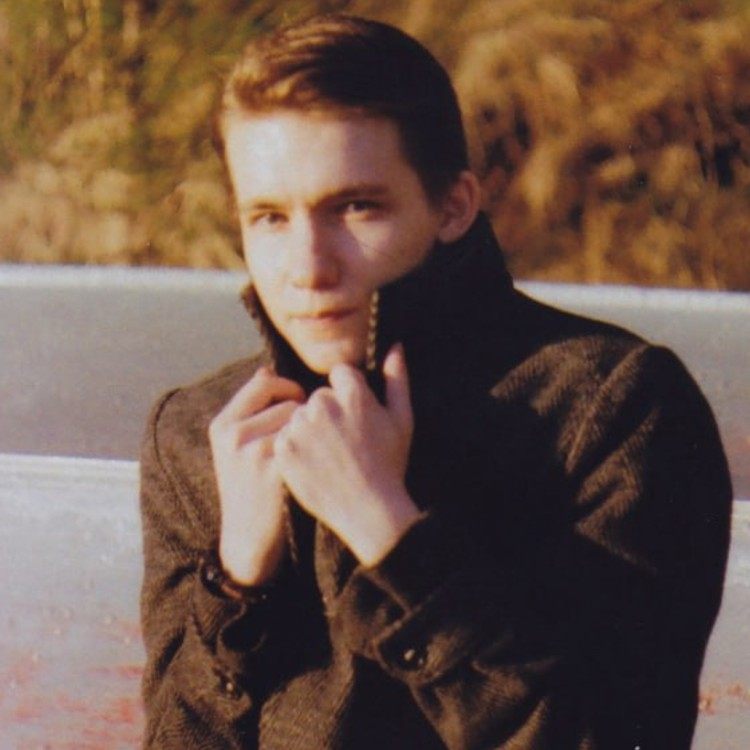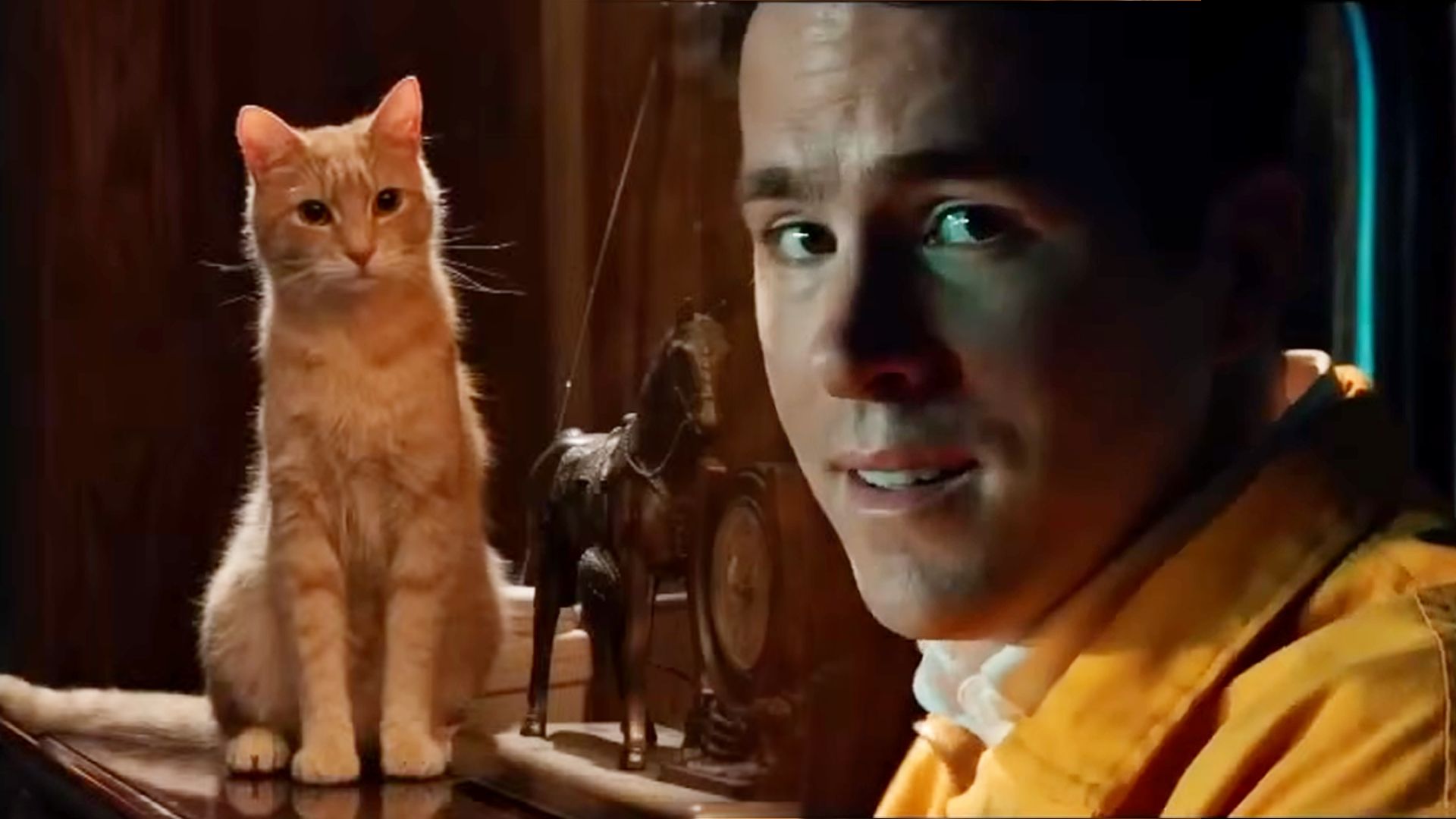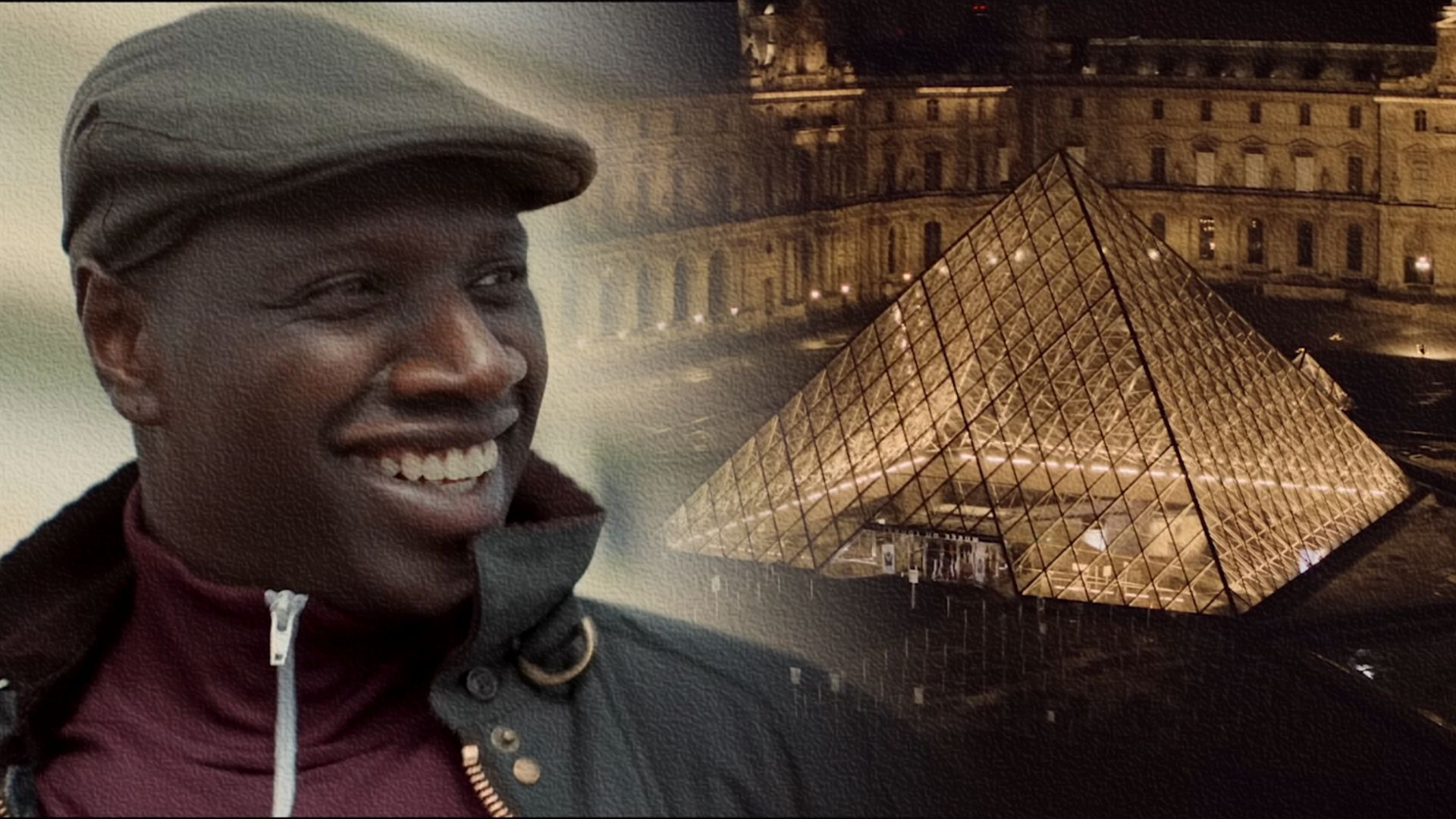Picture a world where real animals are a luxury and emotions run on a schedule. Where humans can't tell if they're truly feeling something — or just going through the motions. And where telling the living from the non-living isn't a scientific question, but an ethical one.
This is the dark future Philip K. Dick creates in "Do Androids Dream of Electric Sheep?" (1968) — the novel that inspired "Blade Runner" (1982), but runs much deeper and more disturbing than Ridley Scott's cult classic.
What's the story?
The plot seems straightforward: android bounty hunter Rick Deckard must "retire" several escaped replicants. They're not human, but they sure look the part. So much so that even Rick gets confused about what he's feeling.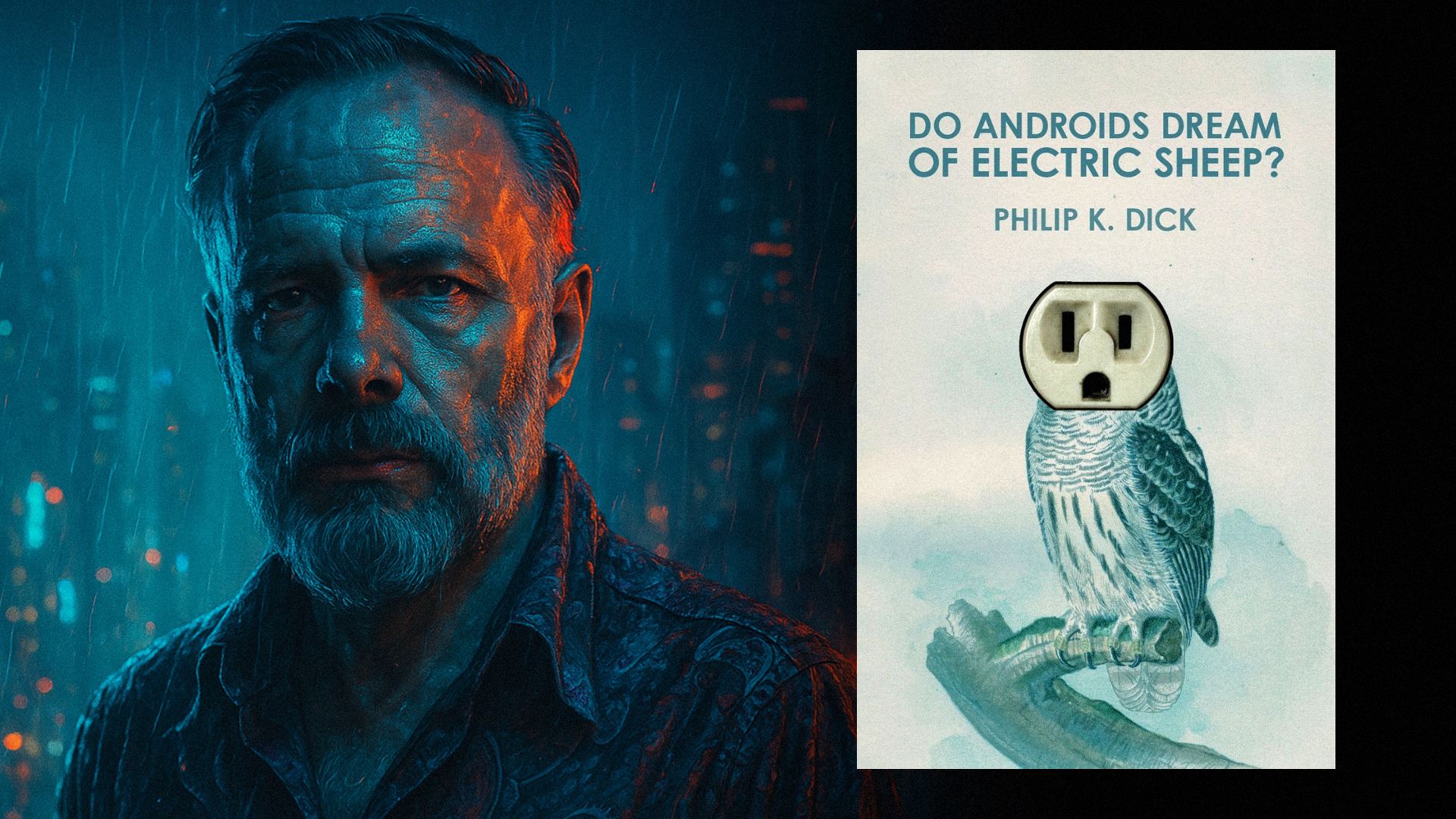
That signature atmosphere
Philip K. Dick isn't writing an action thriller — he's questioning the very nature of consciousness, compassion, and faith. The main question isn't whether our hero will complete his mission. It's what makes a human human when machines can already suffer and dream.If you've seen "Blade Runner," you know the vibe. But the book hits on another level of pain, longing, and paradox — the kind Dick built his dystopias on better than anyone.
Why does this book matter today?
In the 21st century, the novel feels frighteningly close to reality. AI isn't science fiction anymore — it's everyday life, and we can't always tell bots from humans.Empathy gets devalued, emotions become performance — just like in the novel, where genuine feelings turn into luxury items and compassion becomes something you have to prove.
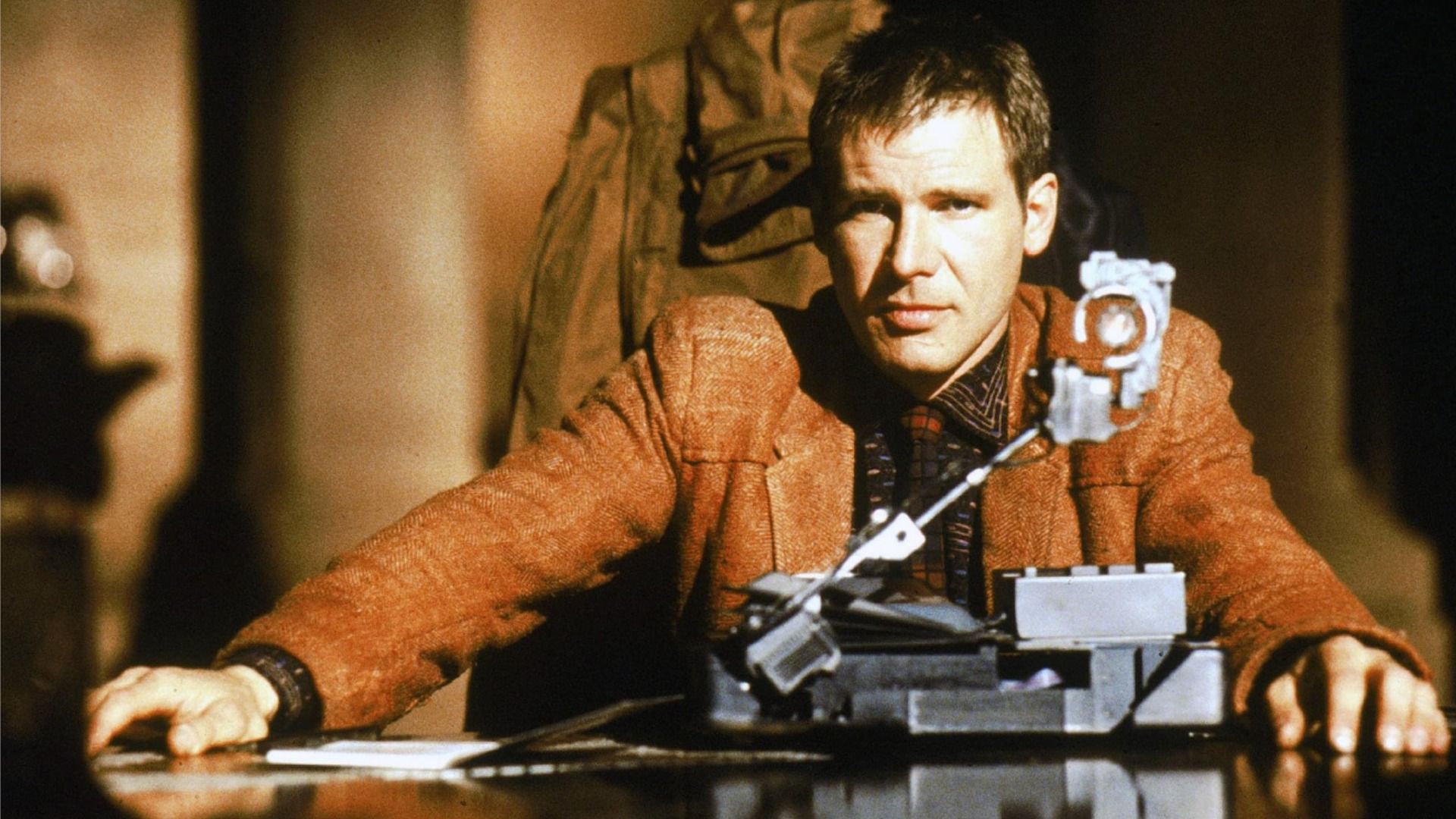
Identity blurs. Who are we in the age of deepfakes, AI translations, and endless digital mirrors? Like the novel's characters, we're starting to doubt the authenticity of our own memories.
Moral boundaries dissolve. We're no longer sure who deserves judgment, who deserves protection — humans, machines, or something in between.
Why read it now? Because we're getting closer to a reality where "androids" aren't science fiction but a matter of legislation. And because this book has a rare gift: it awakens conscience even in those who thought they had everything figured out about themselves and the world. Earlier on zoomboola.com, we covered "The Secret History" — the perfect novel for fans of dark academia.


